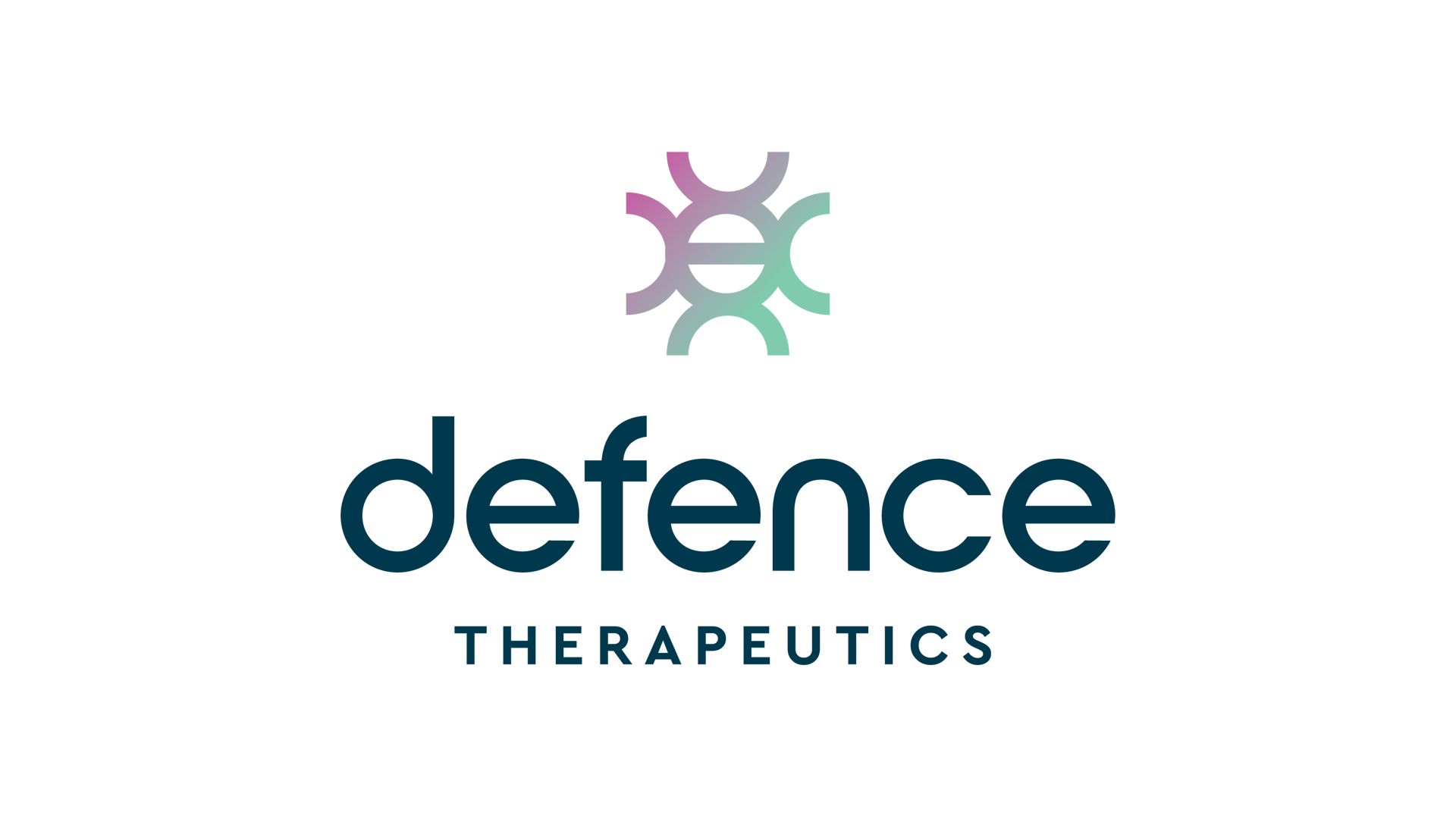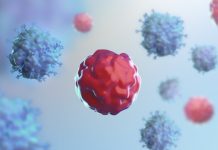
Defence Therapeutics explains how its Accum™ technology can enhance the delivery of tumour and infectious disease-specific therapeutics.
The principal technology developed by Defence Therapeutics (DT) is a biological drug enhancer platform, called ‘Accum’. Used in the treatment of cancer and infectious diseases, it is capable of improving the efficacy and safety of multitude biological/biosimilar-based pharmaceuticals. This innovative technology takes multitude biological/biosimilar-based pharmaceuticals to a new frontier, enabling efficient intracellular access while maintaining target cell specificity. The company’s product pipeline focuses on effective intracellular access via vaccine, including DNA, RNA, and protein, and by protein-delivery system such as monoclonal antibody (mAb)-based therapies.
Development of core technology: IntraCellular Accumulator (Accum)
DT’s core technological research was initially based on addressing a major and common challenge in vaccine and antibody drug conjugates (ADCs). When a target cell binds and internalises an antigen or an ADC, the complex is entrapped inside small intracellular vesicles named endosomes. Ultimately, these endosomes undergo maturation, which leads to their degradation, prior to the elicit of their respective role/function. Thus, endosome-lysosome entrapment is a major issue limiting the efficacy of these types of therapies. The Accum enhancer formulation could improve intracellular delivery of biological therapeutic agents by inducing their escape to the cytosol, consequently improving their therapeutic efficacy. The following section highlights the three main research areas in DT’s pipeline.
Effective ADC design
ADCs represent an example of transformative oncological pharmaceuticals. They localise chemotherapeutic action at the site of the tumour and thereby reduce systemic toxicity associated with traditional chemotherapy. However, ADCs are often trapped in lysosomal structures resulting in insufficient intracellular accumulation of the delivered chemotherapeutic, which is necessary for the destruction of the potent tumour. By linking Accum to ADCs, intracellular vesicle ruptures occur leading to efficient intracellular drug accumulation in cancer cells, and consequently, the cells’ destruction.
Kadcyla® (T-DM1) in development
To date, DT has demonstrated that Accum modification of the Food and Drug Administration (FDA) approved ADC Kadcyla (T-DM1) enhances killing of metastatic breast cancer cells. As such, Accum technology will be able to increase T-DM1 effectiveness with further development; a collaboration with the Curie Institute is currently ongoing to test the T-DM1 in patient-derived xenograft (PDX) models, prior to initiating a Phase I trial.
DT has selected the eight best Accum variants which had been sent to DT’s collaborator at the HUS Comprehensive Cancer Center in Helsinki, Finland for the optimisation of Defence’s Accum-T-DM1 ADC Therapeutic. The eight selected Accum-T-DM1 increase the potency of T-DM1 by at least five times on the HER2 positive breast cancer Trastuzumab and T-DM1 resistant cell line model named JIMT-1. At concentration of 1.0 ug/ml, T-DM1 only induces approximatively 10% of cytotoxicity, compared to Accum-T-DM1 variants that increase the cytotoxicity by 40-70%.
Tested on multiple approved FDA ADCs and DT’s own ADC
DT’s Accum™ platform has been developed and tested to enhance the intracellular drug delivery on multiple ADCs that are FDA approved or under development. In that regard, DT began a new study project to test the Accum variants on the recent ADC Enhertu® (fam-trastuzumab-deruxtecan-nxki), owned by AstraZeneca and Daiichi Sankyo. DT’s scientific team believes the Accum will increase the routing and delivery of the deruxtecan to the nucleus and consequently, increase the potency of ADC from which the drug targets the nucleus protein/process, compared to T-DM1 targeting microtubule (a cytoplasmic and non-nucleus protein machinery). Deruxtecan is a small toxic drug inhibitor targeting the nuclear protein named topoisomerase I.
DT also began to build their own ADC from which more information will be shared when the development is at a more advanced stage.
Effective vaccine design
Besides ADCs, the Accum technology is highly suitable for use in vaccinations. More specifically, antigens that are normally captured by dendritic cells (DCs) – the best antigen-presenting cells present in our body- are first entrapped in endosomes. While maturation of these endosomal organelles occurs, the pH decreases (⁓4-5 acidity) in order to trigger the activation of specific enzymes as a means to initiate non-specific antigen degradation. As a result, the generated fragments can then pass via endosomal pores to reach the cytoplasm where specific antigen degradation takes place by the proteasomal machinery. Although this process occurs naturally, the generated antigen fragments are often damaged, which renders them unsuitable for proteasomal degradation.
By using the Accum technology, captured antigens are preserved in their natural conformation while being delivered to the cytoplasm. As such, proteasomal degradation results in a higher number of immunogenic and stable peptides, presented at the surface of DCs, and capable of eliciting potent T-cell activation.
Anti-cancer DC-based vaccines (AccuVAX-D001)
Non-specific degradation of endocytosed proteins by endo-lysosomal organelles has long been recognised as a major deterrent to various therapeutic strategies, including DC-based vaccination. To overcome this limitation, proteins derived from cancer lysates were conjugated to an Accum moiety to protect endocytosed antigen from non-specific endosomal degradation, promoting its escape via endosomal membrane disruption. This approach dramatically improved protein processing and cross-presentation by ex vivo and developed monocyte-derived DCs, known for their weak to moderate antigen cross-presentation properties. Furthermore, monocyte-derived DC pulsed with Accum-linked ovalbumin elicited potent CD4 and CD8 T-cell responses compared to the use of naked proteins. The net outcome culminates into effective anti-tumoral responses.
A protein-based COVID vaccine (AccuVAX-PT-001)
With the improved response observed in cancer, the same Accum approach was applied to design a protein based COVID vaccine using the Spike protein. In this study, sera isolated from AccuVAX-PT001-vaccinated animals not only recognised the Spike protein of the original strain, but it cross-reacted with the Spike protein of several SARS-CoV-2 variants. More specifically, generated antibodies bind the RBD domains (responsible for binding human ACE2 receptors in human cells) of the Californian, South African, Brazilian and UK strains with the highest efficacy observed against the Delta variant which was first found in India. DT is also showing effective infection blockade of the variant strains. Defence is actively pursuing both its preclinical and clinical COVID programme and is proactively working on a second-generation booster/supportive vaccine formulation capable of addressing both viral transmission and immune escape in case the virus continues to evolve overtime.
A novel cervical cancer vaccine and anti-cancer agent
With the exciting results obtained with all vaccines currently in development, DT is currently initiating a programme to develop an anti-HPV vaccine to protect and treat established cervical cancers. The Accum technology platform is very efficient at enhancing intracellular delivery of proteins for pharmacological interests such as ADCs or vaccine antigens. However, a novel anti-cancer function was recently discovered for ‘free’ Accum. More specifically, when directly delivered without direct linking onto a protein, the Accum moiety behaves like a toxic ‘bullet’ to cancer cells. So far, the DT team engineered a large library of Accum variants (over 50) that are currently being testing for their therapeutic efficacy against breast, colon, melanoma, and lymphoma cancers.
In addition, a new strategy is currently being developed to engineer an intelligent Poly-AccuTOX molecule (a chain of various AccuTOX molecules) capable of selectively killing a wide range of cancer cells without collateral side effects.
Summary
What is fascinating about the Accum technology is its versatility. It can be used on ADCs or any protein-based vaccine antigen to enhance intracellular delivery to target cells. Furthermore, the Accum moiety, or its variants, can be exploited for their anti-cancer properties enabling the development of low cost therapeutic molecules suitable for any cancer type. This heavily illustrates how a single technology platform like Accum can be applied to various applications without the need to develop other unrelated molecules with unknown mode of action. Accum technology has produced successful results in vaccine and ADC applications, and with further validation of the Accum technology platform, Defence Therapeutics‘ future is very bright.
This article is from issue 19 of Health Europa Quarterly. Click here to get your free subscription today.









